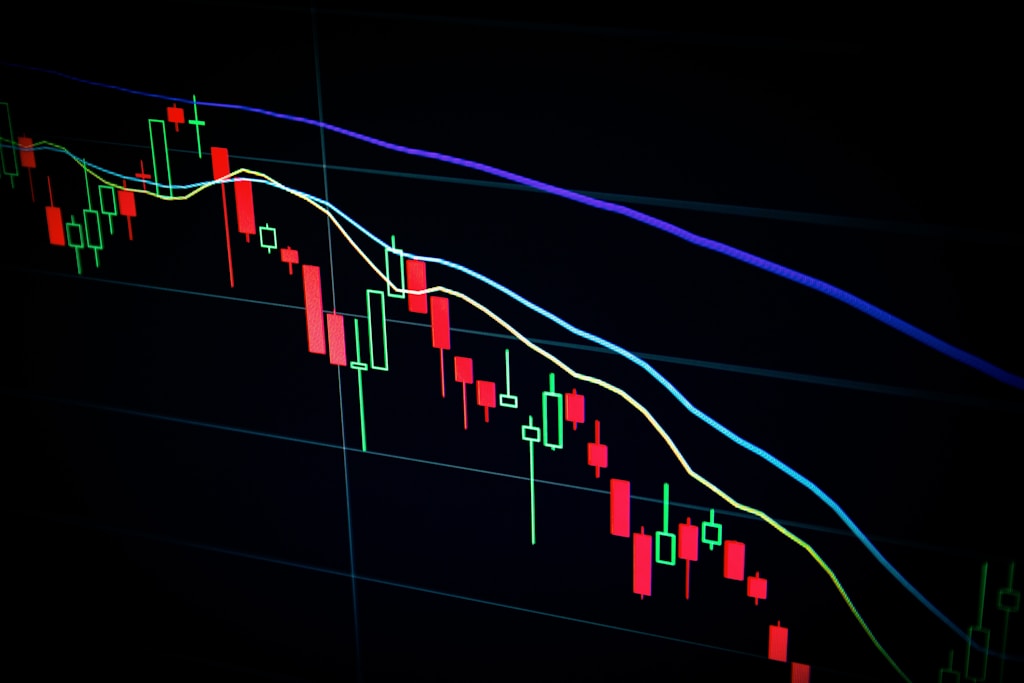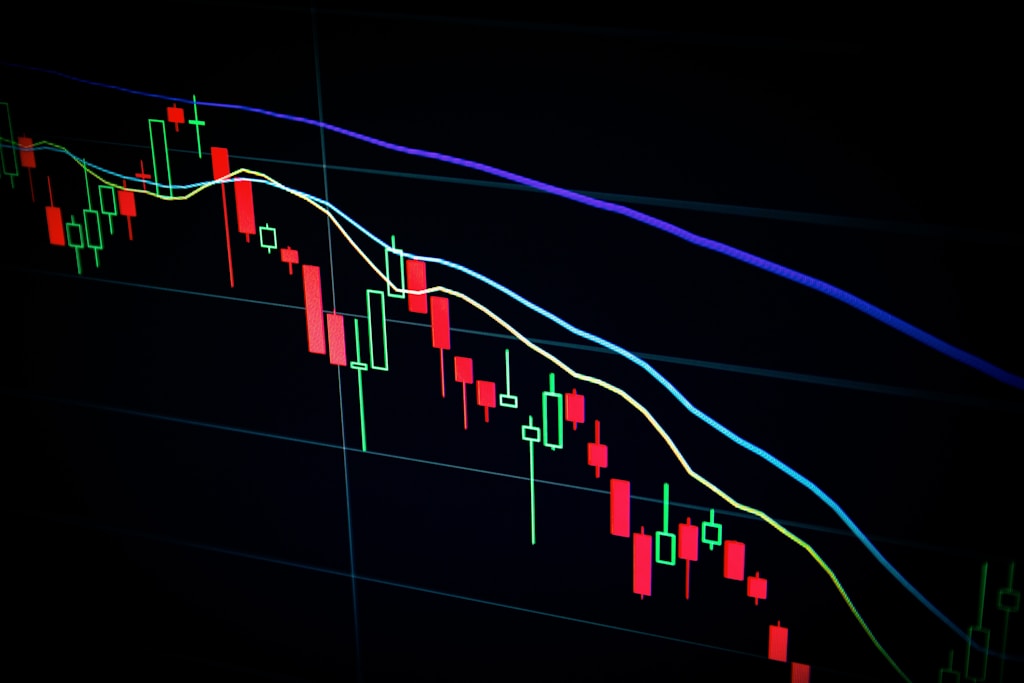Key Takeaways:
- Binance research reveals unprecedented institutional crypto adoption wave
- SEC regulatory clarity and Circle’s successful IPO catalyze institutional interest
- JPMorgan’s strategic shift signals growing Wall Street acceptance
Binance’s latest research report highlights a transformative surge in institutional cryptocurrency adoption, driven by three key factors: regulatory clarity from the SEC, Circle’s successful IPO, and a notable shift in JPMorgan’s digital asset strategy. This regulatory breakthrough for 2025 has created a perfect storm for institutional engagement.
The institutional crypto landscape has witnessed remarkable evolution, particularly following Gemini’s groundbreaking IPO filing, which set a precedent for traditional finance integration with digital assets.
SEC Clarity: A Game-Changing Catalyst
The SEC’s recent regulatory framework has provided unprecedented clarity for institutional investors, removing a major barrier to entry. This development has particularly impacted:
- Investment guidelines for pension funds
- Corporate treasury allocations
- Traditional banking services
Circle IPO Impact on Market Dynamics
Circle’s public listing has demonstrated the viability of crypto-native companies in traditional markets, encouraging other institutions to explore digital asset opportunities. The success has sparked a wave of:
- Enhanced institutional trading volumes
- Increased stablecoin adoption
- Cross-border payment innovation
JPMorgan’s Strategic Evolution
The transformation of JPMorgan’s approach to digital assets represents a broader shift in traditional finance sentiment. This includes:
- Expanded crypto trading services
- Digital asset custody solutions
- Blockchain-based settlement systems
FAQ Section
Q: How does SEC clarity affect institutional crypto adoption?
A: The new regulatory framework provides clear guidelines for compliance, risk management, and operational procedures, enabling institutions to confidently enter the crypto market.
Q: What impact has Circle’s IPO had on the market?
A: Circle’s successful public listing has validated the crypto industry’s maturity and created a blueprint for other digital asset companies seeking traditional market integration.
Q: How significant is JPMorgan’s shift in crypto strategy?
A: JPMorgan’s evolution represents a major endorsement from traditional finance, potentially influencing other major institutions to follow suit.




